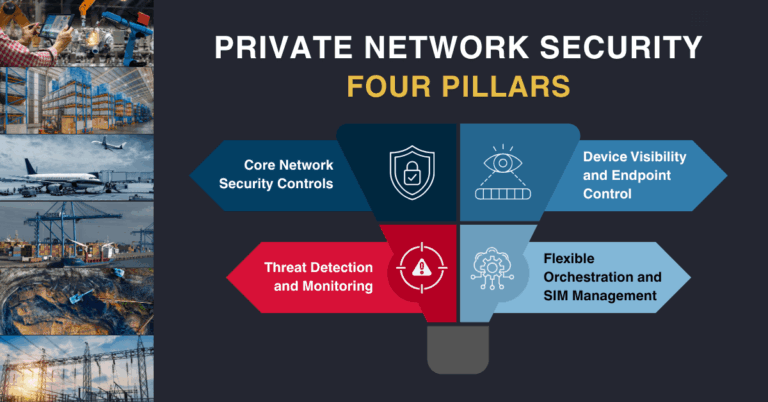The Federal Communications Commission (FCC) stands at a pivotal juncture, poised to revive net neutrality regulations in a marked departure from the deregulatory stance of the previous administration. This move signifies a robust policy redirection, emphasizing a commitment to maintaining an open and equitable internet landscape.
The Anticipated Vote: A Turning Point for Broadband Internet Regulation
Scheduled for April 25, the FCC’s vote on the reinstatement of net neutrality rules under Title II is more than a regulatory procedure; it’s a statement of intent from the current Democratic-led FCC. This critical decision is expected to herald a new era in broadband internet regulation, reaffirming the FCC’s dedication to preserving an open internet for all users.
Net Neutrality: The Backbone of an Open Internet
Net neutrality’s core principles, established during the Obama era and subsequently repealed in 2018, are predicated on treating broadband as an essential telecommunications service. This framework prohibits internet service providers (ISPs) from engaging in discriminatory practices, such as throttling or prioritizing certain types of content over others. The debate surrounding net neutrality has been intense, with stakeholders from the telecom industry and policy circles weighing in on its implications for the digital ecosystem.
Bridging the Digital Divide: A Priority for the FCC
In the wake of the pandemic, the indispensable role of broadband connectivity has never been clearer. FCC Chairwoman Jessica Rosenworcel highlighted how the absence of regulatory oversight in recent years curtailed the FCC’s capacity to safeguard broadband networks and champion consumer rights. By reinstating net neutrality, the FCC aims to ensure equitable internet access, emphasizing its criticality in today’s digital age.
Industry Reactions: Concerns and Counterarguments
The telecom sector has voiced apprehensions about the proposed regulations, fearing they might curtail innovation and investment, particularly concerning network slicing and services offered by foreign entities. Despite these concerns, supporters of net neutrality argue that it is fundamental for safeguarding consumer interests and maintaining a fair and competitive online marketplace.
Consumer and Provider Implications: Navigating the New Landscape
For consumers, the revival of net neutrality promises a more uniform and unrestricted internet experience, free from the risks of content throttling or access denial. Conversely, ISPs, especially smaller entities, are wary of the potential regulatory burdens, which they believe could impede their ability to innovate and expand their services.
The Path Forward: Stakeholder Engagement and Industry Impact
As the FCC gears up to unveil its draft proposal, the stakes are high for all parties involved. The impending vote is not merely a regulatory formality but a decisive moment that could reshape the telecom industry’s regulatory landscape in the United States. Stakeholders across the board are keenly awaiting the outcome, recognizing its potential to influence the future direction of broadband service regulation, innovation, and accessibility.
In conclusion, the FCC’s upcoming decision on net neutrality transcends mere policy adjustment; it represents a pivotal moment for ensuring the internet remains an inclusive platform for innovation, access, and opportunity, reflecting the FCC’s overarching commitment to an open and fair digital future.








































